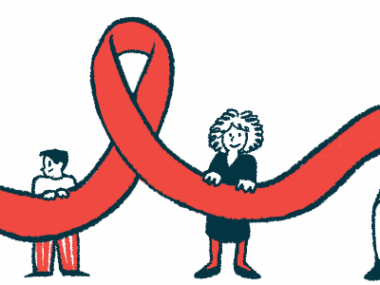UPA receives grant to advance porphyria diagnosis, treatment
Chan Zuckerberg Initiative funding provides ‘critical resources’
Written by |

The United Porphyrias Association (UPA) has received a five-year grant from the Chan Zuckerberg Initiative Rare As One Project to support efforts including advancing progress on the diagnosis, research, and treatment of porphyria.
The association said the grant will “significantly enhance UPA’s ability to build a comprehensive research network and strengthen collaboration between patients, researchers, and clinicians,” and will help UPA create a repository where biological samples, such as blood, urine, and genetic material, can be stored and used for clinical and research purposes.
“We are deeply honored to be part of the Rare As One network and to receive this transformative grant from the Chan Zuckerberg Initiative,” Kristen Wheeden, UPA’s president, said in an association press release. “This grant will propel our mission to improve outcomes for individuals with porphyria by fostering collaboration, accelerating research, and providing patients with the resources they need to thrive.”
Diagnosis may be a challenge
Porphyrias are a group of genetic disorders caused by disruptions in the production of heme, a molecule that enables red blood cells to transport oxygen through the body. These disruptions ultimately lead to the accumulation of precursor molecules, called porphyrins, in different tissues.
The toxic buildup of porphyrins acts as the driver of porphyria symptoms that may include abdominal pain, constipation, changes in mental state, skin blistering and scarring. Because porphyria is a rare disease and some of its symptoms resemble those of more common diseases, its diagnosis may be challenging to make and is often delayed.
Treatment is based on identifying and avoiding symptom triggers, which may include certain medications, sunlight exposure, alcohol consumption, or other diseases, and medications.
UPA is a nonprofit patient advocacy group dedicated to improving the lives of people affected by porphyria, as well as advancing awareness, research, and therapies for all types of porphyria.
The Rare As One Project supports rare disease patient-led organizations by providing resources and tools to drive research and improve patient outcomes. The UPA didn’t announce the size of the grant, which was awarded under the $24 million Rare As One cycle 3.






